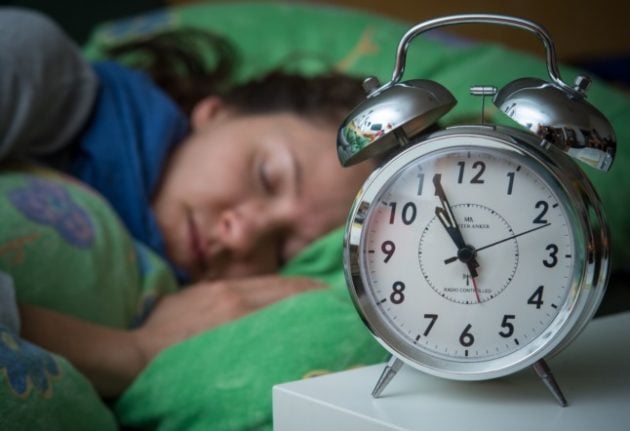This just so happens to be my favourite German word, and with good reason: English has no direct equivalent. It might also be down to the fact that I consider myself one such Morgenmuffel.
In English, we use the term ‘morning person’ to describe someone who thrives on being alert and active in the early morning. A Morgenmuffel, however, can be used to describe someone who is particularly grumpy during these hours (and should only be approached after at least one cup of coffee).
In terms of the word’s origins, it consists of the two German words Morgen and Muffel. Morgen translates to ‘morning’, while Muffel refers to a grouchy, disinterested person and originates from the verb muffeln (‘chewing with your mouth full’). This verb is linked to the Middle High German muffen, mupfen (roughly meaning ‘to turn up one’s mouth’).
The German dictionary Duden also traces muffeln back to the Dutch word moppen, which links to the Low German mopen, and finally the German word Mops, otherwise known as the dog breed ‘pug’. Perhaps the distinctive look of a pug conveys the unhappy features of a Muffel!
The fun thing about the word Muffel is that it can also be used in various other combinations. For example, a Lesemuffel (Lese meaning ‘reading’) relates to someone who is an unenthusiastic reader, while a Tanzmuffel (Tanz meaning ‘dance’) certainly does not appreciate a boogie on the dancefloor. The possibilities of being a Muffel are endless.
If you find yourself more active and amenable during the later hours of the day: a ‘night owl’ or Nachteule in German (Nacht meaning ‘night’ and Eule meaning ‘owl’).
There’s even a couple of songs paying homage to the word. Check them out below and have a little dance to shake off the Morgenmuffel blues – as long as you’re not a Tanzmuffel, that is…
Examples:
Du bist so ein Morgenmuffel!
You’re such a grouchy person in the morning!
Er ist ein schrecklicher Morgenmuffel.
He’s terribly grumpy in the mornings.




 Please whitelist us to continue reading.
Please whitelist us to continue reading.
No great shame in being called a ‘Morgenmuffel’. There’s good research to show that such folk generally end up as high achievers in life, more so than ‘Fruhaufsteher’ anyway!